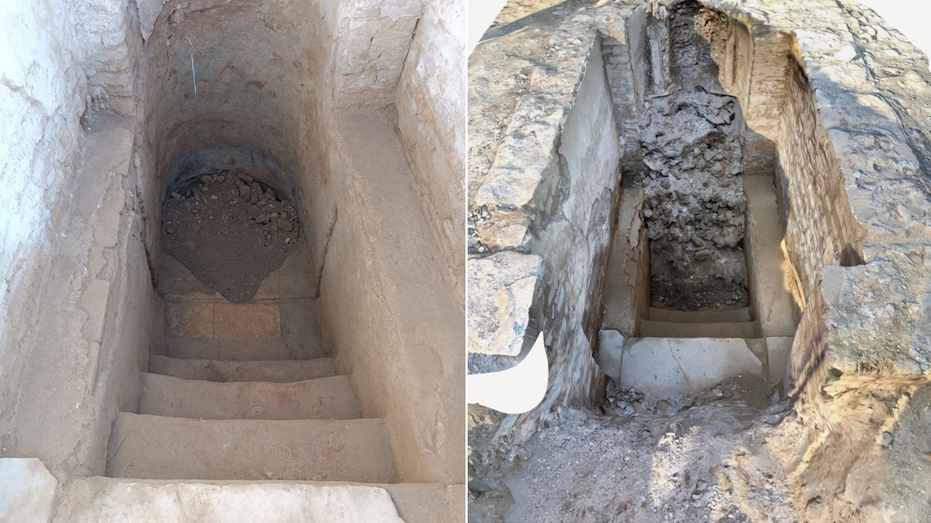Ancient Jewish Ritual Bath Uncovered in Italy, Oldest of Its Kind in Europe

Sarah Johnson
March 29, 2025
Brief
A 1,600-year-old Jewish mikveh, the oldest in Europe, has been discovered at Ostia Antica, Italy, offering rare insights into Jewish life during Roman times.
A remarkable archaeological find has surfaced in Italy: a 1,600-year-old Jewish ritual bath, or mikveh, now recognized as the oldest of its kind in Europe. Discovered last summer at the Ostia Antica archaeological site, the mikveh offers a rare glimpse into Jewish life during the Roman era.
Italian officials officially announced the discovery on March 10, describing the mikveh as a "small semi-underground room with a well underneath." Photos released by the Ostia Antica Archaeological Park reveal ancient stairs worn down by generations of use, descending into this sacred space that was used for purification rituals.
The mikveh's design includes walls lined with hydraulic plaster and a groundwater collection well, which further confirms its role in ritual bathing. To add historical flair, archaeologists unearthed a lamp from the 5th or 6th century A.D., bearing Jewish symbols like a menorah and a lulav (a palm branch tied to the Sukkot holiday).
These details strengthen the interpretation that the site was indeed used as a mikveh. It's a discovery that feels like a direct line back to ancient traditions, offering a fascinating look at how Jewish communities maintained their practices in the heart of Roman civilization.
Mikvehs have been a cornerstone of Jewish culture, serving purposes ranging from religious conversions to wedding preparations. While ancient mikvehs are widespread in Israel, their survival in Europe is rare due to the historical persecution of Jewish communities during Roman times.
The Ostia Antica mikveh predates another well-known ancient mikveh in Europe, located in Palazzo Bianca, Sicily. That site dates back to the 6th or 7th century A.D., after the fall of Rome, making this new discovery even more significant.
Italian Minister of Culture Alessandro Giuli called the find a testament to the coexistence of cultures in Roman times, describing it as a "cradle of tolerance" and evidence of deep-rooted Jewish presence in the Mediterranean. Victor Fadlun, president of the Jewish Community of Rome, expressed pride and emotion at the discovery, highlighting its importance in preserving Jewish identity through centuries of adversity.
This mikveh isn’t just an archaeological marvel—it’s a poignant reminder of resilience, adaptation, and the enduring legacy of Jewish culture in Europe. It’s the kind of discovery that puts history into perspective and gives us all the chills.
Topics
Editor's Comments
What strikes me most is how this mikveh survived centuries of upheaval, from Roman persecution to shifting civilizations. The worn-down steps alone whisper tales of countless people seeking purification and solace. It's both a historical gem and an emotional time capsule.
Like this article? Share it with your friends!
If you find this article interesting, feel free to share it with your friends!
Thank you for your support! Sharing is the greatest encouragement for us.
